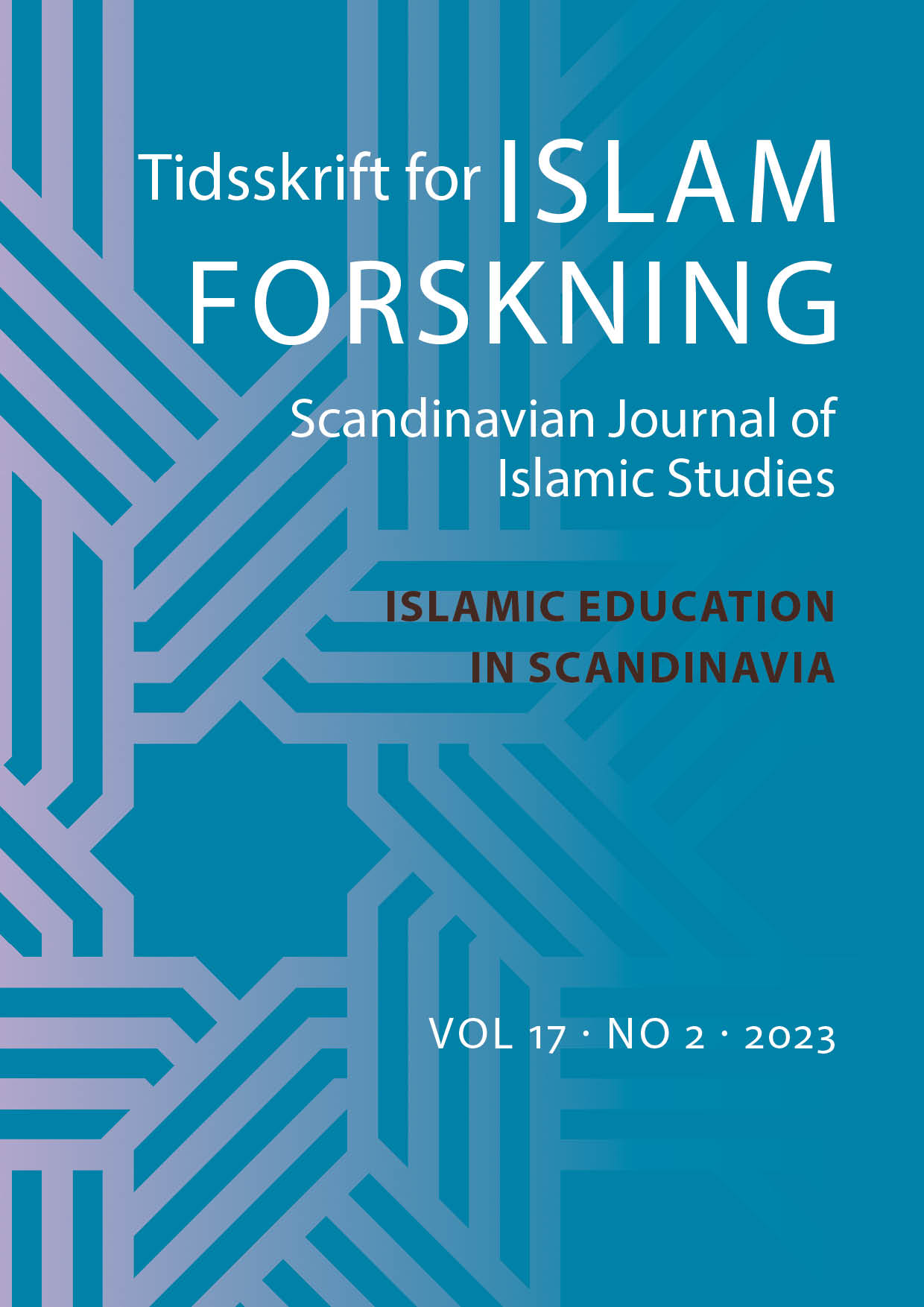Islamic supplementary education as an extra-curricular activity
DOI:
https://doi.org/10.7146/tifo.v17i2.142419Keywords:
Islamic education, extra-curricular activities, co-curricular activities, social capital, bridging and bondingAbstract
Sociological studies have shown that teenagers in larger Swedish cities from ‘poor result schools’ participate in extra-curricular activities connected to religion more frequently than others, and that involvement in such religious activities is positive in terms of educational outcomes for pupils from the lower strata of the social hierarchy. These findings raise new questions about supplementary Islamic education, as this is one type of religious extra-curricular activity found in many such areas. The article is based on interviews with students as well as observations from four Swedish mosques. The purpose is to discuss how we can understand the potentially compensatory effect of supplementary Islamic education. Thus, the emphasis is not on the traditional core of Islamic education, but on what we can call co-curricular Islamic educational activities, such as football, homework help, and mathematics.
Downloads
Published
How to Cite
Issue
Section
License
Copyright (c) 2023 Scandinavian Journal of Islamic Studies

This work is licensed under a Creative Commons Attribution-NonCommercial-ShareAlike 4.0 International License.
Scandinavian Journal of Islamic Studies publish under creative commons license BY-NC-SA.





